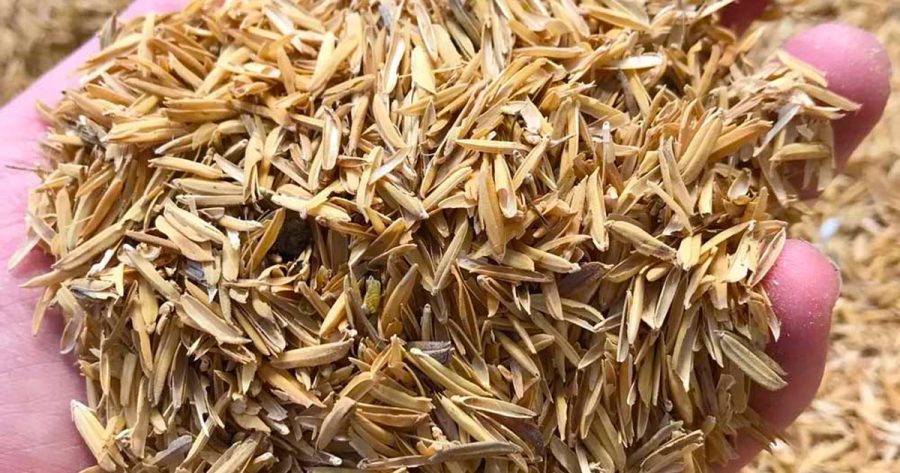As the global demand for clean energy grows, industries are turning to more sustainable fuel sources. One of the most promising biofuels today is rice husk pellets—a compact, efficient, and renewable alternative to fossil fuels.
Made from the byproducts of rice milling, these pellets are not only eco-friendly but also cost-effective and widely available in rice-producing countries like Vietnam, Thailand, and India. Below are the top 5 reasons why rice husk pellets are becoming the preferred fuel for industrial boilers and biomass power plants around the world:
1. Cost-Effective and Abundant
- Rice husks are an agricultural waste product, making them low-cost and widely available, especially in Asia. Turning them into pellets adds value without raising production costs significantly.
- Compared to wood pellets or fossil fuels, rice husk pellets offer competitive pricing while delivering solid performance in energy output.
2. High Calorific Value
- With a heating value ranging from 3,200 to 4,200 kcal/kg, rice husk pellets provide sufficient energy for industrial heating applications, especially steam boilers and thermal power generation.
- Their consistent shape and density also ensure a more stable combustion process.
3. Environmentally Friendly
- Rice husk pellets produce significantly lower CO₂ emissions than coal or oil.
- As a carbon-neutral fuel, they help companies reduce their carbon footprint and meet environmental compliance standards, especially in Japan, South Korea, and Europe, where clean energy policies are strict.
4. Easy to Handle, Store, and Transport
- Unlike loose rice husks, pellets are densified and uniform in size, making them easier to store, load, and transport.
- Their low moisture content (below 12%) improves combustion efficiency and reduces risks related to mold or spoilage during long-term storage or export.
5. Suitable for Large-Scale Applications
- Rice husk pellets are well-suited for large-scale industrial use, especially in biomass co-firing systems, cement kilns, and district heating plants.
- Their compatibility with existing boiler infrastructure reduces conversion costs and allows for seamless integration.
Conclusion:
If you’re looking for a sustainable, affordable, and efficient fuel, rice husk pellets are a smart choice. As global industries push toward greener alternatives, switching to rice husk pellets not only supports environmental goals but also strengthens your bottom line.





